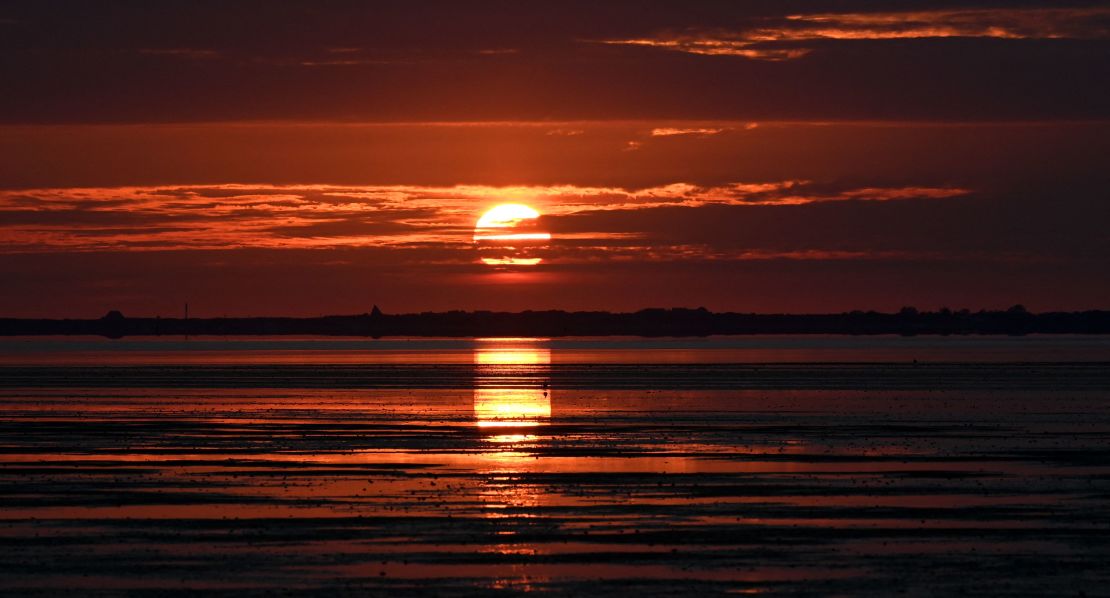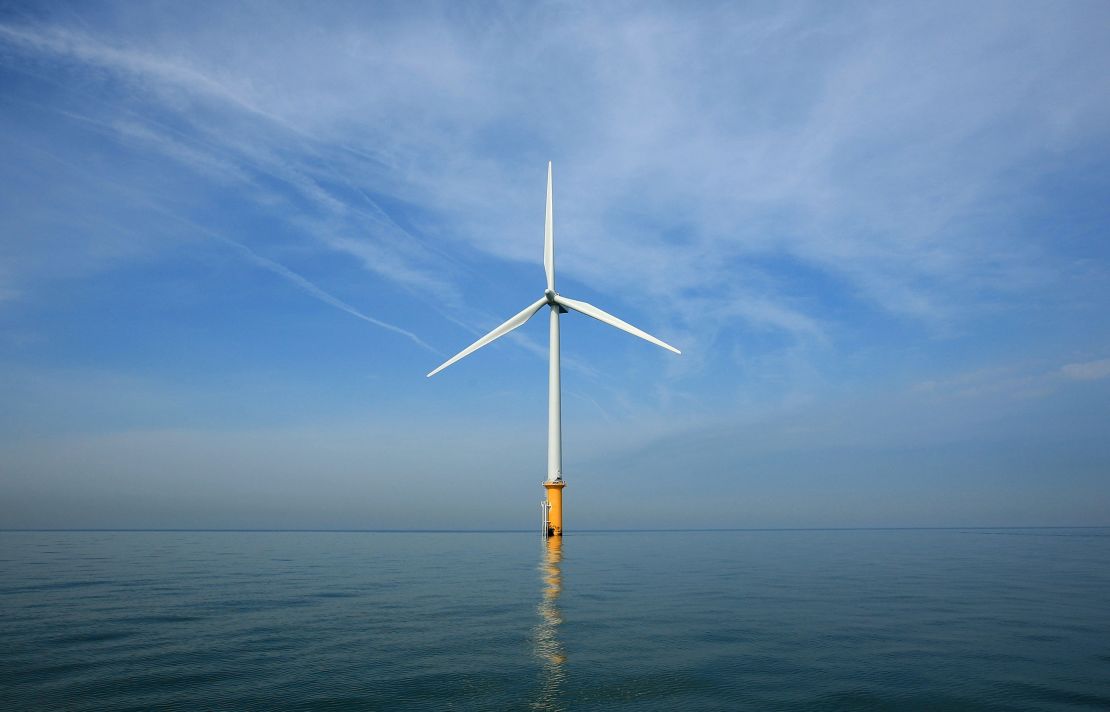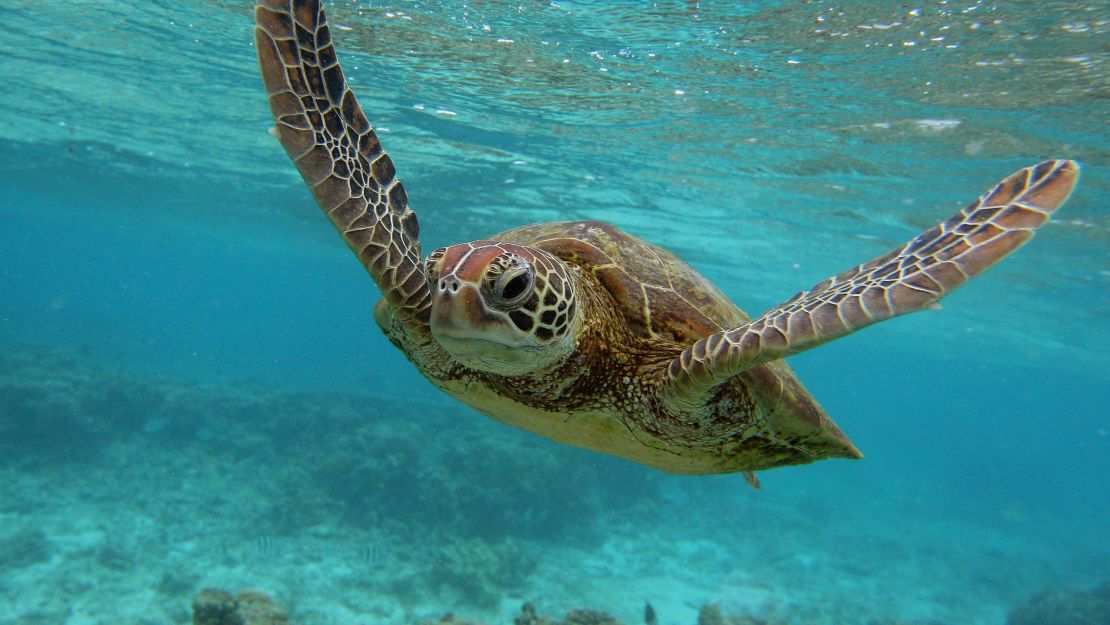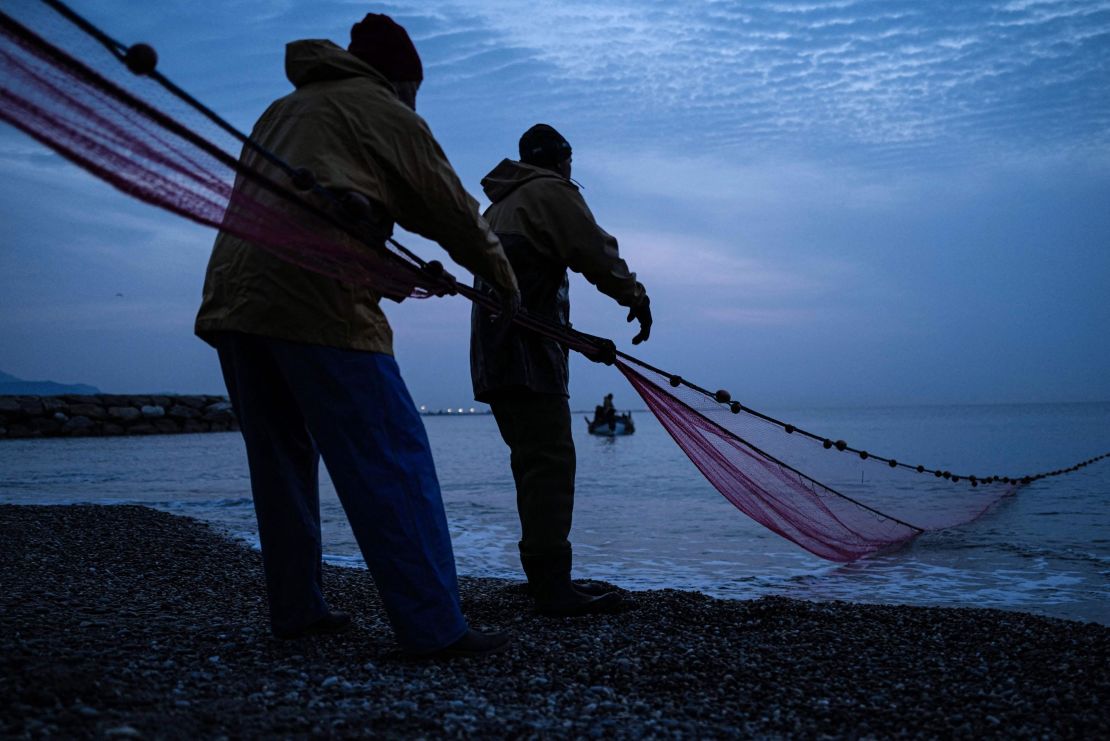The oceans are crucial to sustaining life on Earth. They help to provide the air we breathe, the food we eat and the fuel that powers our world – but they are under threat.
Yet we can all do our part to turn the tide on man-made damage that continues to threaten marine environments. This year’s Call to Earth Day will take place on Thursday, November 3, with the theme “Living Oceans: Turning the Tide.”
Whether you live on the coast or far from the sea, this Call to Earth Day you can take action to protect the world’s oceans, and the plants and animals that live in their waters.
Here, we celebrate our seas and look at why we need to protect them, now more than ever.
The air we breathe

Rainforests are often referred to as the lungs of the Earth, but tiny organisms in our oceans produce more than half of the world’s oxygen.
The oceans and the life within them also absorb about a quarter of the carbon dioxide we release into the atmosphere.
That helps to reduce the amount of CO2 in the Earth’s atmosphere, protecting us from global warming. But it comes at a cost.
When oceans absorb CO2, they become more acidic. Today, oceans are more acidic than they have been in at least 800,000 years. This acidity affects marine species – including plankton, shellfish and corals – that build their shells and skeletons from calcium carbonate.
It’s essential that we reduce CO2 emissions, and we can all take concrete actions to make a difference.
Watch: How to save the planet: Five simple things you can do
Fueling our world

Offshore wind farms, and wave and tidal power have huge potential to provide renewable energy for a world that needs to cut down on fossil fuels.
The oceans are a significant source of those fossil fuels, with more than a quarter of all our oil and gas coming from offshore sources.
But millions of gallons of oil are released into the oceans each year. This comes from a number of sources, including natural seeps, drilling, and spills from ships and pipelines. Oil from roads and storm drains also flows into the sea.
Oil spills can be deadly for sea life. Dolphins can inhale oil, damaging their lungs. Oil harms fish, traps turtles and can make birds’ feathers unable to repel water, causing them to die from hypothermia. After a spill, it can take decades for an ecosystem to recover.
Making the weather
Covering around 70% of the Earth’s surface, the oceans play a vital part in regulating our climate. They keep temperatures from getting too hot or cold and their water evaporates to form vapor that can travel vast distances before falling as rain.
By absorbing heat the oceans are also a buffer against global warming. More than 90% of the warming that has happened on Earth over the past 50 years has occurred in the ocean. But the extra heat is making ocean water expand, causing sea levels to rise and threatening coastal communities around the world.
And when seas get too hot, marine life suffers. Corals can starve and turn deathly white. In recent years, reefs around the world — including half the corals on the Great Barrier Reef — have experienced mass bleaching events.
Read: Coral reefs are facing their own pandemic – but we have a survival guide
Wildlife refuge
So far, scientists have identified around 250,000 marine species, but more than 80% of the ocean is still unexplored and researchers estimate that nine in 10 ocean species have yet to be classified.
However, pollution is damaging ecosystems and harming wildlife.

Millions of tons of plastic end up in the oceans every year, killing and injuring sea creatures. Tiny pieces of plastic can be ingested by marine life, with potentially harmful effects.
Fertilizers wash from farmland into the sea, where they can feed vast blooms of algae. By using up the oxygen in the water, blooms like these have created more than 400 ocean “dead zones,” together making up an area bigger than the United Kingdom. These areas are so starved of oxygen they can barely support marine life.
Feeding the planet
Globally, around 15% of the protein we eat comes from seafood. With a growing human population and the development of industrial-scale fishing technologies, twice as much seafood is eaten now than in 1970.

Commercial fishing has led to more than 90% of marine fish stocks becoming fully fished or overfished.
Overfishing tends to kill off larger fish and reduce reproduction rates, further depleting fish stocks.
It also threatens the hundreds of millions of people who depend on fishing for their food and income.
It’s not too late
The situation may look bleak, but it’s not too late to make a difference.
Throughout the year, Call to Earth shares the amazing action that is taking place around the world to protect our planet and our seas – and now it’s your chance to make a change for the benefit of the ocean and its inhabitants.
On Thursday, November 3, you can join with thousands of people around the world and get involved with Call to Earth Day 2022, “Living Oceans: Turning the Tide.” Send us an email at [email protected] if you would like to sign up to our Call to Earth mailing list.
While there are countless threats to our seas, there are also many opportunities to find solutions. Our oceans give us life, but it’s up to us to protect them.

